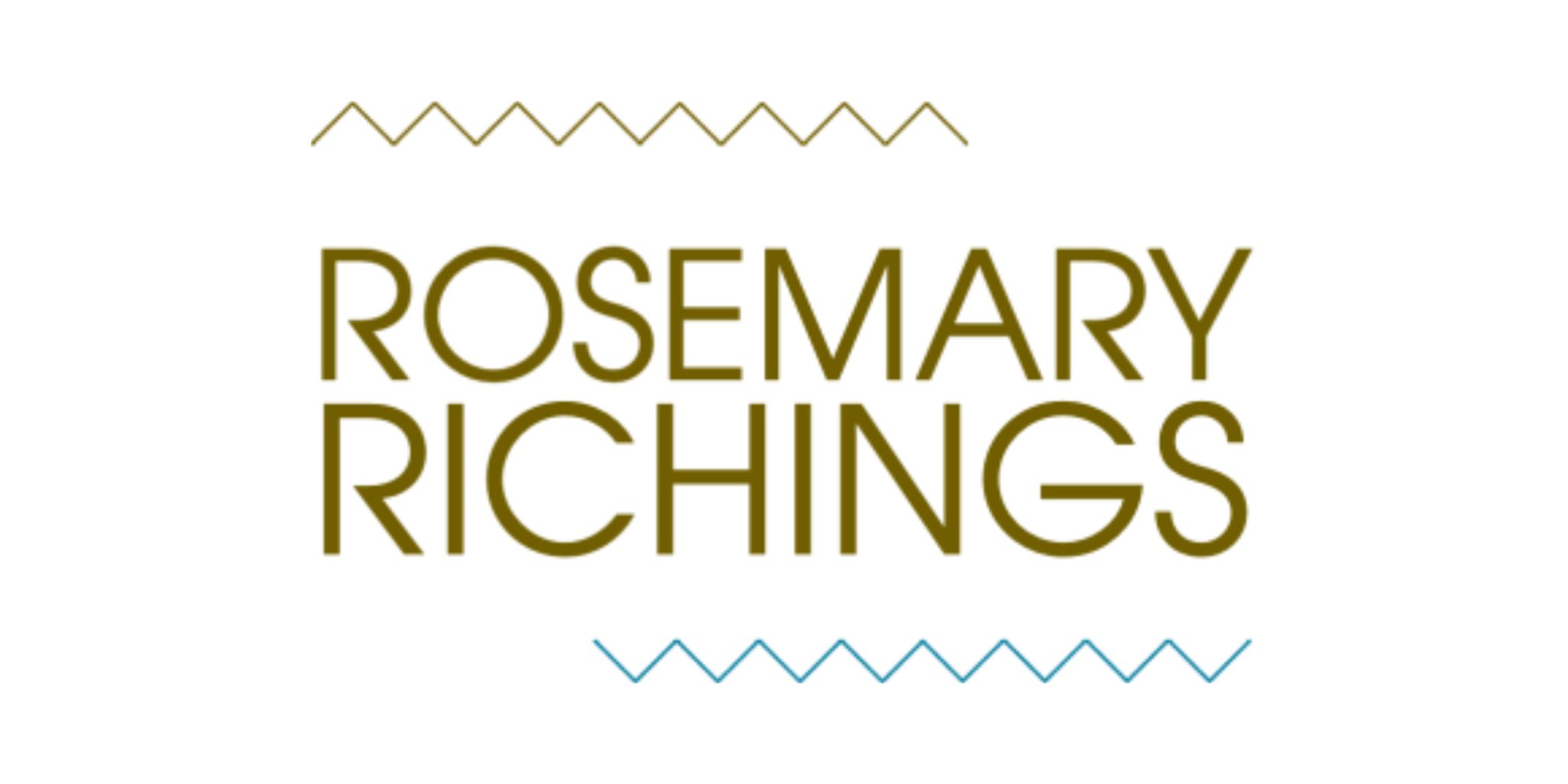My husband and I just returned from a trip to Morocco, and one of the things I’ve been meaning to write about was my first souk experience. In a nutshell, Souks are Arab markets. They’re high-stimuli, fast-paced environments where no price is set in stone unless you want it to be. You go there with a mission to buy one specific thing. But the talent and hustle of souk salespeople is so high that you will likely add 2 or 3 extra things to your shopping cart. For example, when I bought some earrings the guy working there persuaded us to buy desserts from the shop next door. Because he thought we might be hungry, and he also owns the shop next door.
What can my first souk experience teach people about sales?
When I was in Morocco, I experienced a theatrical approach to attracting customers. At dinner time, a local restaurant cooked fresh tangines, and boiled a large pot of tea. The smell of spices, grilled meat and veggies, and tea leaves filled the air. Then, an employee spoke to passersby in Arabic, French, Spanish, and English about the food. The biggest selling point was the fact that his impressions seemed genuine and unrehearsed. Here are a few other key sales lessons I learned from my first souk experience.
1) When I had my first souk experience, I learned that hospitable behaviour goes a long way
My first souk experience was overwhelming. I grew up in Canada, and 50% of my family is British. So I’m way too used to a tame retail and restaurant culture where prices are fixed. Fortunately, my husband has done MSF and WHO missions in places like Oman and Lebanon in the past. So he helped me adjust to something that’s the opposite of that.
Despite that, souks drained my energy. So, small things made a huge difference like:
- Offering my husband a chair while I was jewellery shopping
- Offers of tea and coffee when we were waiting for longer than expected made a difference. FYI: when the assumption was that they were inconveniencing us, people would offer homemade tea.
Why hospitality matters
In a fast-paced digital world, it’s easy to lose track of customer relationships. Your customers are your guests for both online and offline businesses. So they deserve to be treated like their presence is valued. Because kindness and great service trigger word of mouth marketing.
Small acts of kindness make a big impact because they add a face and a personality to goods and services.
To me, souk merchants do this better than most retail employees I’ve seen in the Western world.
This is a vastly underpaid industry and that creates its limitations, but that’s a conversation for another time. Yet, souks thrive because they’re designed with the local population in mind.
So they’re some of the most hospitable places I’ve ever seen. Taking care of you is part of the sales process. In other words, basic human needs are part of the process. For just a second, you feel like you’re part of their family.
2) A key observation from my first souk experience. Take the time for one-on-one interactions, which demonstrate the “before and after” of what you offer.
Because this can eliminate people’s uncertainty. In Marrakech, the woman who runs the guesthouse we were staying at helped us find a merchant specializing in Argan products.
Argan is a Moroccon export, which comes from a nut that only grows in Morocco. It’s used in everything from hair products and skincare, to cooking oil.
Part of what made us buy so much of it was just how personalized the process was.
A salesperson showed us his shop, starting with the group of women at the front entrance using a mortar and pestle to crush a large pile of Argan. Before he discussed any prices, getting us to appreciate the history and process involved in Argan was a key part of his strategy.
Then, he gave us a demonstration of diverse products in his shop. Because Morocco is a Muslim-dominated country, and I was with my husband he wasn’t comfortable with demonstrating how to apply skin cream on me. So he applied the cream on my husband’s wrist and got me to smell the products instead.
Then, he made recommendations based on our reactions.
3) If you don’t know the value of what you’re selling no one will
This is a lesson I applied to my work pretty soon after coming home. And I quickly learned that you don’t have to love your work for this principle to put into action.
Many of the local merchants are good at what they do because they know exactly what makes their product “great”. Because they can quickly adjust the value of what they’re selling based on the people they’re talking to. This is an important survival mechanism that keeps them in business.
Here are some examples of what went wrong, and what went right. So, let’s start with where this went right. One of many things on our to-do list when my husband and I were in Morocco was our wedding rings. We intentionally waited until after our wedding ceremony. Because we didn’t want to buy North American ones.
On our first day, we found the perfect place almost instantly. My husband kept reminding me that there we had other options, but this was the one that interested me the most.
Part of what got my attention was the fact that everyone working there was a direct contribution to the creation of this jewellery.
The father of the salesperson worked away on the machines in the back, turning gold into something beautiful. Meanwhile, the son had a story to tell us about every ring he showed us.
He had so much pride in the craftsmanship, that I could have spent hours listening to his stories. If it wasn’t for me seeing one ring, and deciding that had to be the one I went with I probably would have listened to more stories.
Only a few days later, we had another experience with someone selling jewellery.
But this time it wasn’t nearly as good. A woman approached us on our way out of the store, with bracelets in her hand. She told my husband to buy me a bracelet. Since there was a lack of context so we weren’t interested.
While I was there, I learned a few words of Arabic, and one of them was the Arabic word for “no”. This was one of many situations were saying that word with confidence and aggression in my voice scared away pushy salespeople.
In short, what made one approach better than the other was that with the ring, I was given a story and an invitation to how it’s made and who makes it.
4) Hearing the word “no” is just as powerful as hearing the word “yes”
To avoid being considered a potential sales target, I said the word “no” far more than I said the word “yes”. This is a lesson I quickly learned during my first souk experience. I’m a shy person by nature with people I don’t know. So I’m much more likely to walk away and say nothing when facing uncomfortable situations. But I quickly learned that this wasn’t good enough.
Most of the souk merchants I encountered saw silence as a “maybe”. Often, they are much more likely to stop sales pitching you if you say “no” with confidence. Once you said no loud and clear, they would simply move on to the next sales target because you’re a lost cause. At first, I almost felt bad about saying the word no with so much aggression in my voice. But then I remembered I was dealing with some of the most gifted salespeople.
In fact, when I said “no” in a specific context, I noticed that the sales pitch would focus on something completely the opposite of what they used on me. This change would happen when they dealed with the next person.
Currently, I know so many people who are held back by their fear of rejection. But I think what we fail to realize is that it’s a valuable opportunity to learn what doesn’t work on other people.
When I first came up with the idea of this post I was afraid of cultural appropriation and misreprentation
But it felt like important subject matter to cover. Because souks are some of the oldest retail environments in the world.They’re also crowded marketplaces, where the competition is fierce and heavily saturated. So I truly believe that a lot can be learned about selling anything from cultures which have a strong, souk-oriented sales environment.
I was in Morocco for ten days, so everything that I covered is based on personal observations. If I missed any important points, feel free to add them to the comment section.
PS: New articles are published bi-weekly on Mondays. Browse more posts:
50+ B2B articles →
100+ writer-to-writer articles →




